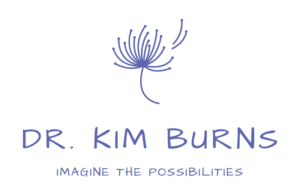Over the weekend I read a New York Times article about pandemic fatigue.
The author cited recent studies and polls of people across the country who were experiencing a lack of motivation, difficulty concentrating, and “an unpleasant cocktail of boredom, dread, and exhaustion.” It resonated. Despite a fairly consistent level of productivity, it still felt so familiar.
“I have so much to do,” is on repeat in my head. My inboxes are overflowing. A big project is about to come to completion. I have papers to grade. I can’t even get everything onto my to-do list because it is too overwhelming to write it all down. This past weekend, I had visions of sitting down at my desk powering through to get caught up. I just couldn’t. I was repelled at the thought of sitting down at my computer (where I sit all week) to chip away at my projects.
I’m not sleep-deprived. I’m getting enough sleep. I didn’t need a nap. I needed rest.
Rest and sleep are two different things, even though most of us think of them synonymously. Dr. Saundra Dalton-Smith, author of Sacred Rest, tells us that sleep and rest are two different parts of an intricate system designed to complement each other.
Rest helps us sleep better; “rest is what makes sleep sweet.” My inclination this past weekend to avoid my to-do list and tend to other things was my body telling me I needed rest.
I Needed Active Rest.
Sounds like an oxymoron, doesn’t it?
Active rest is working one gear while resting the others, according to Burnout authors Drs. Emily & Amelia Nagoski. Going for a walk, doing the dishes, or talking to a loved one can be a way to actively rest. Resting certain gears while working the others makes us better at what we do.
Have you ever sat at your computer unable to focus, and walked away to do something else which then led you to feeling refreshed? Dalton-Smith says the most effective rest involves reviving the parts of our lives we regularly deplete.
According to Nagoski & Nagoski, the science says we need 42% of our day or week in sleep and active rest. If your work, commute (pre-COVID for many of us) and family responsibilities take up about 14 hours of each day, then 8 hours should be spent sleeping and 2 hours doing activities that are restful and different.
These activities could be exercise, reading, connecting with your favorite humans or pets, or preparing and eating food. While each day may be different, we need this balance of work, sleep, and rest for peak performance.
I suspect that in these times of collective trauma and anxiety, we need more rest than in the before times.
If you are feeling unmotivated or unproductive, try switching gears.
Say yes to rest, dearies. Your body will thank you for it.
